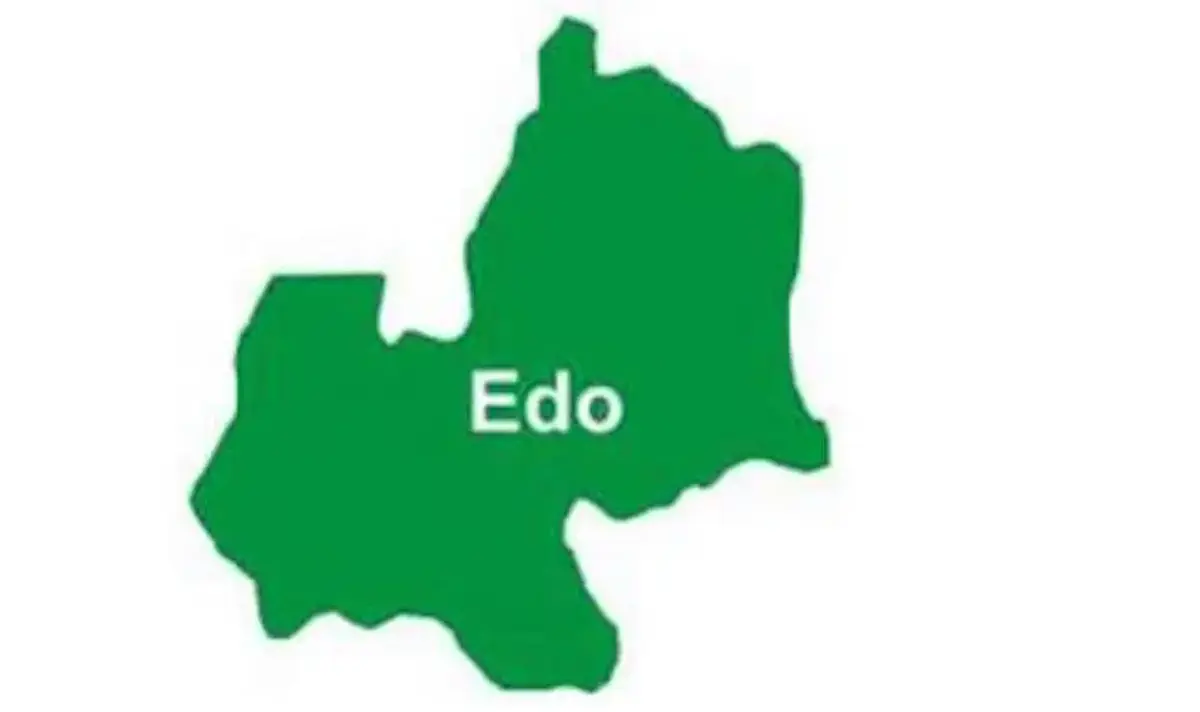Mr Wilson Opuwei An oil and gas expert, says the President Muhammadu Buhari-led administration has demonstrated political will towards passing the Petroleum Industry Bill (PIB) into law.
Opuwei, who is the Chief Executive Officer of Dateline Energy Services Limited, said this on Sunday when he spoke with the News Agency of Nigeria (NAN) in Lagos.
” I think we should commend the president, the Minister of State for Petroleum Resources, Chief Timipre Sylva and his team, as well as the National Assembly on the eventual passage of the PIB.
“They have demonstrated some level of political will for what it’s worth.
“Also commendable is that this bill seeks to restructure the Nigerian National Petroleum Corporation towards full commercialisation, while addressing the industry regulatory system,” Opuwei said.
According to him, the PIB will reposition the Nigerian oil and gas sector as one ready to compete in the global market place, especially as the world is transiting from fossils fuels to cleaner energy sources.
He noted that some grey areas in the previous drafts must have been addressed in this version prior to it’s passage.
“The initial draft did not quite address the environment and it’s attendant challenges such as gas flaring and commercialisation, and as it affects host communities who would be penalised for third party spillages and vandalism of facilities.
“This bill presents some palliatives for host communities.
“Though the percentage was reduced from twelve to ten per cent of profits as envisaged in the initial drafts, the three per cent of operating expenses as being proposed is also an improvement on the two and half per cent hitherto proposed by another school of thought.
“Other sensitive areas that must be addressed by the national assembly prior to Executive Assent, are, the Administration of the Funds, and the Description of Host Communities in this PIB,” Opuwei said.
He explained that the current bill only recognised communities as areas wherein oil and gas facilities were domiciled, forgetting that these communities were intertwined.
” The other communities through which pipelines and others facilities pass through are referred to as impacted communities, who are in most cases affected in event of oil spills and other hazards from nearby operations, as they practically live together.
“I think government should create clusters which would include hamlets and fishing camps in and around some operational areas,” he said.
Opuwei advised the government to set up a Management Board/Administrative Committee wherein representation would include all stake holders and representatives of government for the three per cent funds.
He said the functions of the committee should among others include ensuring that the funds were deducted from various sources as at when due, kept in a trustee-like funds, and disbursed to specific targeted projects predetermined by the people of the locality.
NAN reports that the PIB which has five parts, eight schedules and 319 clauses was passed by both the Senate and House of Representatives on Thursday after 20 years delay.
The legislation is aimed at promoting transparency, good governance and accountability in the oil and gas sector.(NAN)




